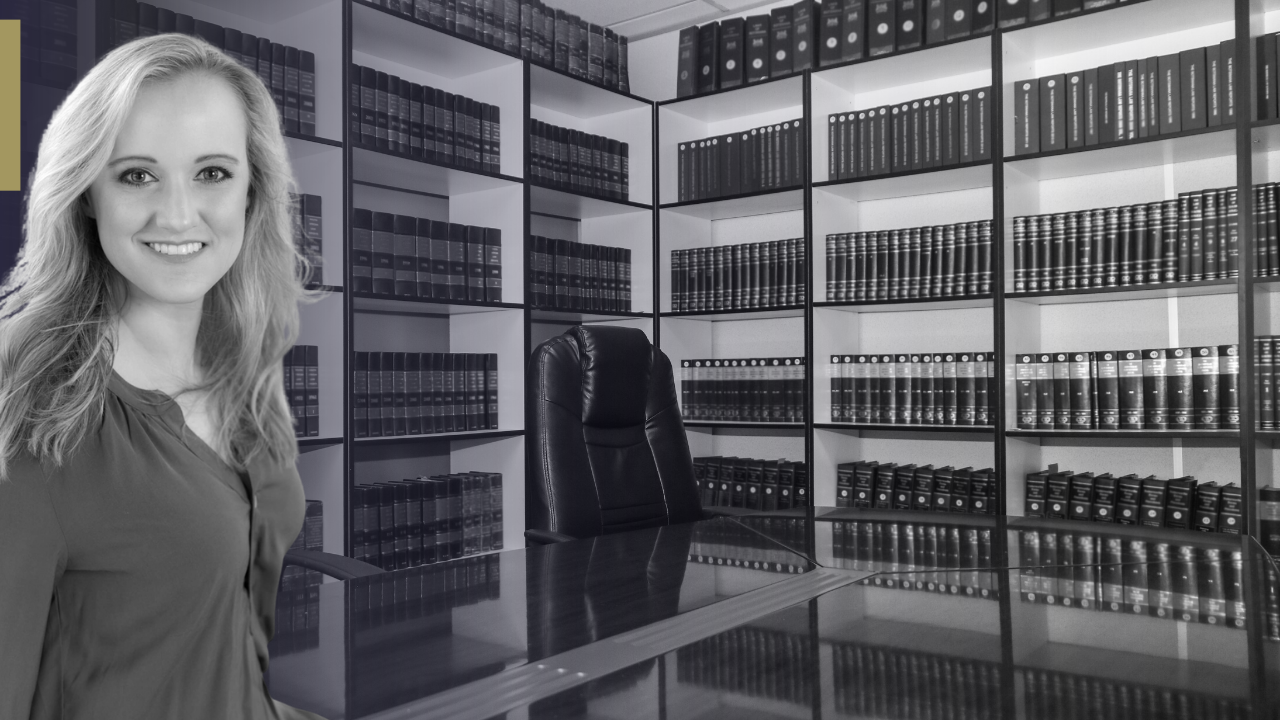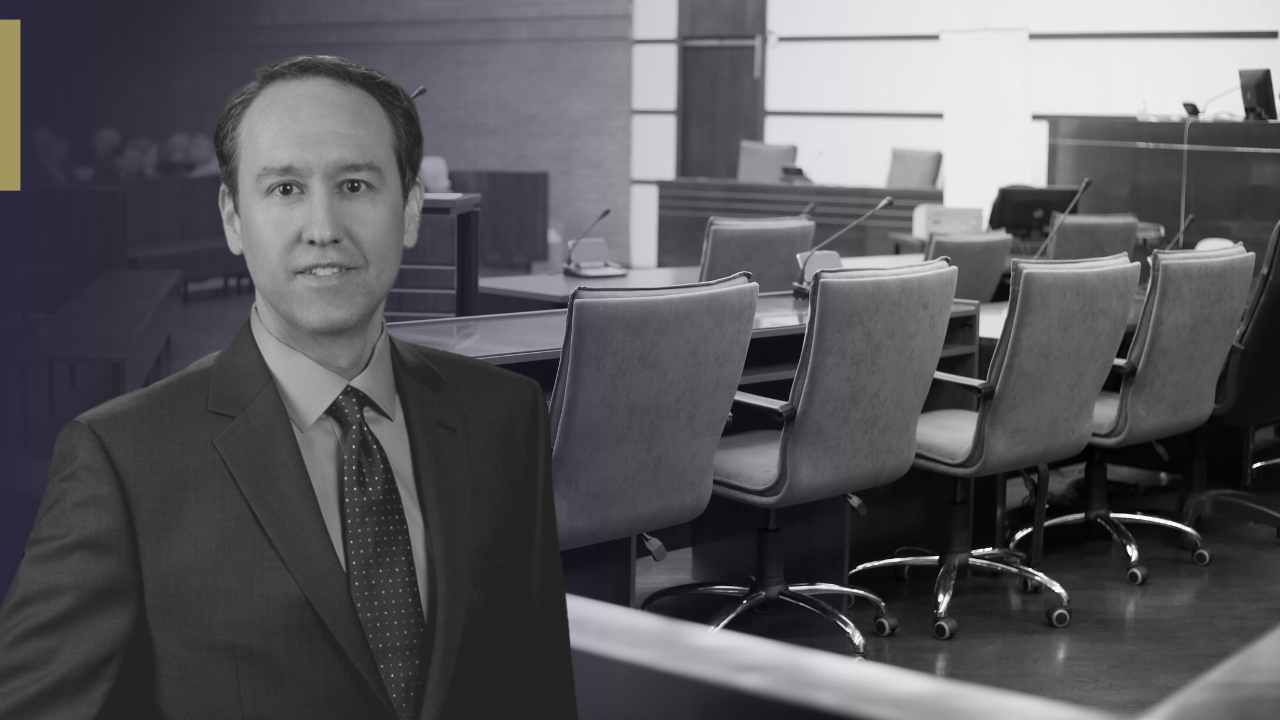The Volokh Conspiracy has post up about Strine v. Delaware Coalition for Open Government, Inc., a case the tests whether a Delaware statute that provides that judges may act as arbitrators in civil cases is constitutional under the First Amendment where the arbitration sessions are closed to the public.
Professor Volokh give a little background about the first amendment and the courtroom setting:
Nonetheless, the Court has created a First Amendment right of access to certain judicial proceedings, especially criminal trials (Richmond Newspapers, Inc. v. Virginia (1980)), jury selection in criminal trials (Press-Enterprise Co. v. Superior Court (I) (1984)), certain preliminary hearings but not grand jury hearings (Press-Enterprise Co. v. Superior Court (II) (1986)), and possibly also civil trials (Richmond Newspapers). To determine which proceedings qualify, the Court generally looks to whether “the place and process have historically been open to the press and general public” and “whether public access plays a significant positive role in the functioning of the particular process in question” (Press-Enterprise (II)).
His background goes on to discuss Presley v. Georgia, a per curium opinion that held that a restriction on access to a DeKalb County, Georgia, courtroom during voir dire was unconstitutional.
A more interesting Supreme Court case might be made of the typical rural Georgia habeas corpus proceeding. It’s rare that I attend a habeas proceeding inside a courthouse anymore. There has been a move to conduct habeas proceedings inside of day rooms, cafeterias, and faux courtrooms inside the prison.
A recent habeas hearing I attended may illustrate the experience. The courtroom was inside a secured building with rows of fencing and razor wire. To get in, I had to push a button and announce over an intercom that I was a lawyer with a case. The gate opened, and I made my way into the area where I surrendered my car keys and identification for a visitor’s badge. A door made of bars slid open as I entered. Then I went through two sets of locking doors to find the courtroom, where a folding cafeteria table served as the judge’s bench and attorneys and witnesses were provided with plastic chairs. To be fair, I suppose that members of the public may have been let in had they just shown up and requested access. But the setting didn’t seem like an open courtroom. For one, we were not in the county seat. For another matter, we were in a privately-owned prison. The deputies and bailiffs were corporate corrections officials. Our courtroom did not bear the seal of the State of Georgia. Rather, a birthday banner celebrating the facility’s fifteenth birthday (who knew that prisons were born) was hung behind the judge.
Counsel for habeas petitioner must choose our battles. The battle is uphill as it is. I’ve never brought a first amendment challenge to the setting of habeas proceedings inside of prisons. If, for no other reason, I’ve anticipated the response might be, “Very well, Mr. Key. We will move Mr. Smith’s case over to the courthouse. Let’s see how your hearing goes now.” The last sentence in might not be spoken aloud. The judge’s response might be that any member of the public brave enough to walk the gauntlet into the courtroom would be welcome to attend the proceedings. Therefore they are open.
I’ve never had the right set if facts or the desire to sacrifice my client’s possible chances of success in a habeas year to the First Amendment principle. But there may be such a principle at stake in some of these proceedings.


